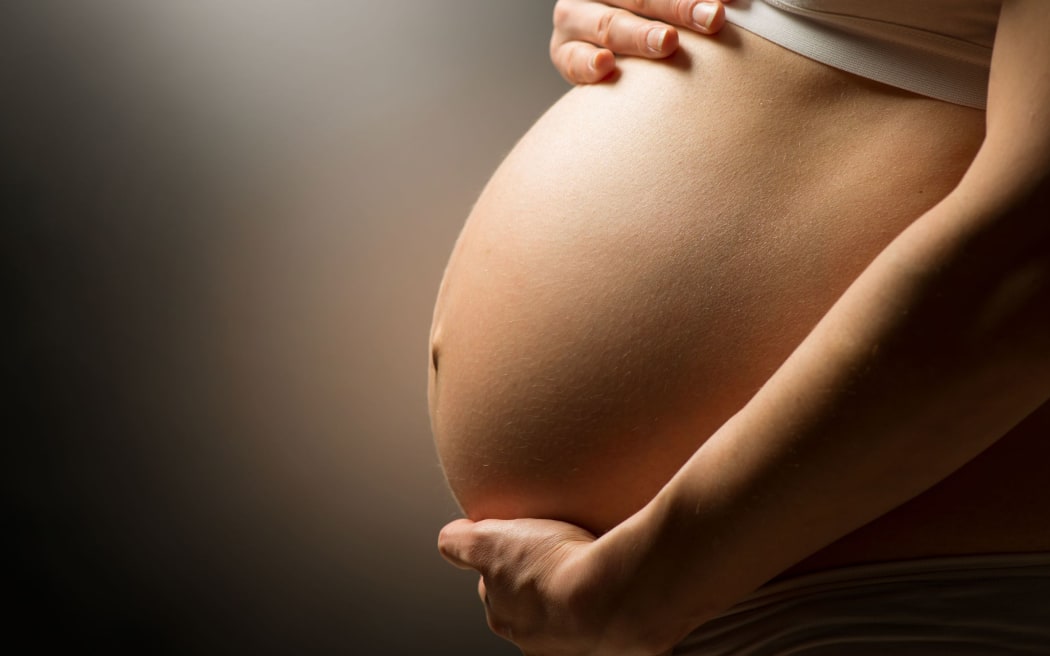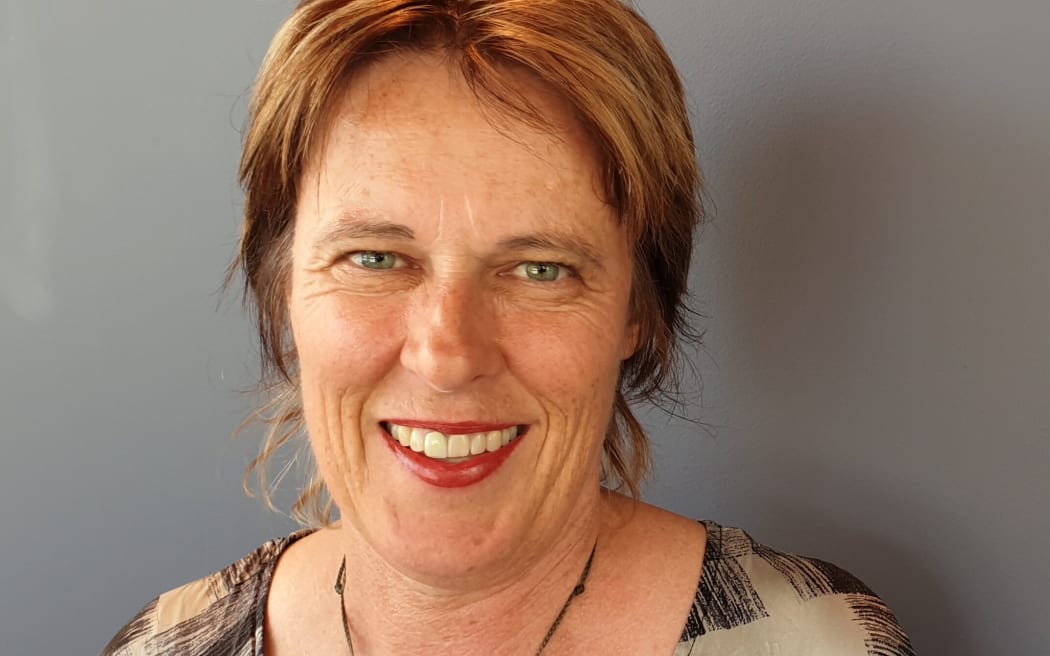
Photo: 123rf.com
Concerns about the rising practice of "freebirth" escalated last month, following the death of premature twins in the Australian town of Byron Bay, New South Wales.
Freebirthing, also known as unassisted birthing, is when women choose to give birth without medical assistance, rejecting both hospital care and midwife supported homebirth.
It is increasingly a movement which New Zealand midwives are running into too. So what is motivating women to choose this path? And how risky is it?
Australian Professor of Midwifery Hannah Dahlen told Saturday Morning she had looked into this issue for the past decade, surveying thousands of women.
"This is something we're seeing increasingly in the Western world, which is quite interesting, but it also exists in lower- and middle-income countries."
Professor Dahlen said there were three main drivers for the decision to have a freebirth, with the first being trauma.
"So, this is either a previous birth where women were treated disrespectfully, felt unheard, felt coerced and they feel that they cannot go back into that system."
The second reason was lack of choice, where a pregnant woman encountered a system which did not meet her needs and wants.
"For example, in Australia we have about 10 times lower homebirths than you do [in New Zealand]. We don't have many publicly funded options and women have to pay huge amounts of money," Professor Dahlen said.
The third reason was a "very strong belief" in their own bodies and capabilities.
She said some women also pick and choose aspects of medical care they wanted in their pregnancies.
NZ College of Midwives chief executive Alison Eddy said those drivers mirrored what health professionals were seeing in New Zealand as well.

NZ College of Midwives chief executive Alison Eddy. Photo: Supplied / New Zealand College of Midwives
Midwives have always been aware of women choosing to have freebirths or picking and choosing various aspects of care routinely offered through pregnancy, she said.
"What we're seeing is a rise, the feedback we're getting from midwives about the number of women ... who are choosing this option, to birth outside of the system."
Eddy believed that freebirth was, in part, also being fuelled by social media and international influencers.
"I think there are wider factors at play.
"There's the experience we had through Covid, where there was sort of a rejection of the mainstream conventional wisdom around healthcare. I think there's something going on there as well."
Professor Dahlen said while the majority of those who decide on freebirths have had babies before, pointing to trauma and disappointments around care in previous births, the landscape was shifting.
"I think the distrust in medicine and also the rise of social media influencers has played a big role in what I am now starting to see, the shift in demographic to first-time mothers.
"[This] actually raises even greater anxiety in me because we do know that first-time mothers can have more complexity or unknowns that we need to provide good support around."
The system's problem
It comes as no surprise that birth is a major transition for women. But Professor Dahlen said a large study in Australia, called the Birth Experience Study, found 29 percent of women were traumatised by giving birth.
One in 10 said they were treated disrespectfully and said they were coerced, also known as obstetric violence.
"Some women were hit and slapped and held down, and you just imagine you've got a past history of sexual assault or domestic violence or a mental health issue. You can see how this very vulnerable and intimate point in your life, having that from the people who you should be able to trust, is one of the ultimate betrayals and it is deeply traumatising," she said.
In a world first, there is now a government inquiry in New South Wales looking into birth trauma.
"Before we start blaming women and before we start making judgments about them, let's have a long, hard look at a system that is not meeting women's needs," said Professor Dahlen.
If the gaps in government systems were addressed, she expected there would be far fewer freebirths.
Eddy agreed the lens needed to be turned back on the health system.
"If you come in ... with the 'dead baby card' and bring up all the things that might go wrong, it can be very coercive for women who are very reluctant to engage in this system anyway.
"So it's a very careful conversation that needs to happen to make sure that there is truly informed consent happening."

